Kambiz Hosseini
Host of nightly show The Program
Kambiz Hosseini is the host of Iran International's nightly show The Program

Host of nightly show The Program
Kambiz Hosseini is the host of Iran International's nightly show The Program

As Iran’s authorities impose silence through violence and disconnection, what the world is witnessing is not unrest but defiance at its most basic—people refusing to disappear, to be reduced to numbers, or to surrender their names.

Free speech. Open dialogue. People having access to one another, the ordinary ability to speak freely and exchange ideas. These might be the downfall of the system patiently built up by Supreme Leader Ali Khamenei, not foreign weapons.
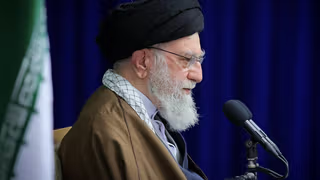
In Iran today, the riskiest act is neither protest nor journalism. It's conversation.
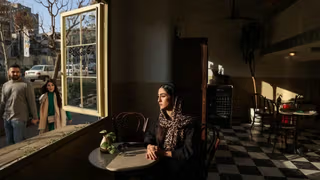
At eleven o’clock each night, Tehran time, my studio, half a world away, seems to inherit the city’s fatigue. The callers gather like silhouettes behind a scrim of static.
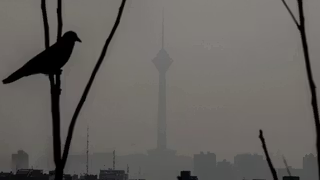
Six years after Iran’s blackout and mass killings, two women keep alive the month the Islamic Republic tried to bury.

At dawn on a November morning in Ahvaz, a city in Iran’s oil-rich southwest, municipal enforcers arrived at Zeytun Park to demolish a small food kiosk that had sustained one family for more than two decades.
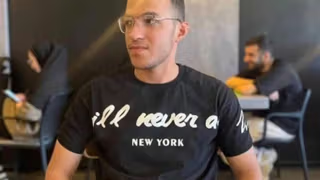
In Iran, privilege often dresses itself as virtue, with the best-known example being a former vice president’s son boasting about his “good genes”—a phrase now firmly embedded in the national lexicon.

It’s eleven o’clock at night in Tehran when I open the phone lines for my live call-in show, The Program. Friday night is when I ask Iranians to do something that has become almost subversive: not just to talk, but to listen.
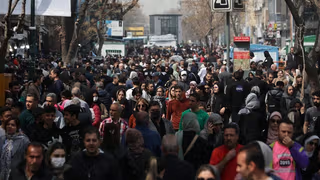
It was eleven o’clock at night in Tehran when I opened the phone lines for my live program from Washington. It was the middle of June and Iran was under Israeli fire: calls flooded in from around the country.

It begins with a sound. A hiss, then silence. A man in Tehran holds his phone to a dry faucet at midnight; you can hear the air whistling through the pipes. “It’s 11:40 p.m. and there’s a smell of fire,” he says.

Ali Shamkhani, Iran’s former national security chief, responded to the viral outrage over his daughter’s extravagant wedding with a cryptic but telling line.

On paper, Iran’s law still mandates the compulsory hijab. But the streets tell a more complicated truth.

With the death of Nasser Taghvai, the Iranian film world has lost one of its last great moralists—a filmmaker who, through silence as much as cinema, taught the meaning of integrity.

Iran today stands at a crossroads between decay and renewal: the old order has not yet collapsed, and any new society has yet to fully emerge.

With Iran's rial hitting fresh depths daily amid new international sanctions, it's helpful to remember how the Islamic Republic's founder viewed the economy. The late theocrat famously said it's for the donkeys.

An Iranian remake of Love Island has exploded online, sparking fierce debate about taboos, personal freedom and the responsibilities of new media.

We Iranians need a national conversation — an ongoing, daily dialogue to see the dark and bright sides of the challenges our country faces and, hopefully, find practical solutions.
